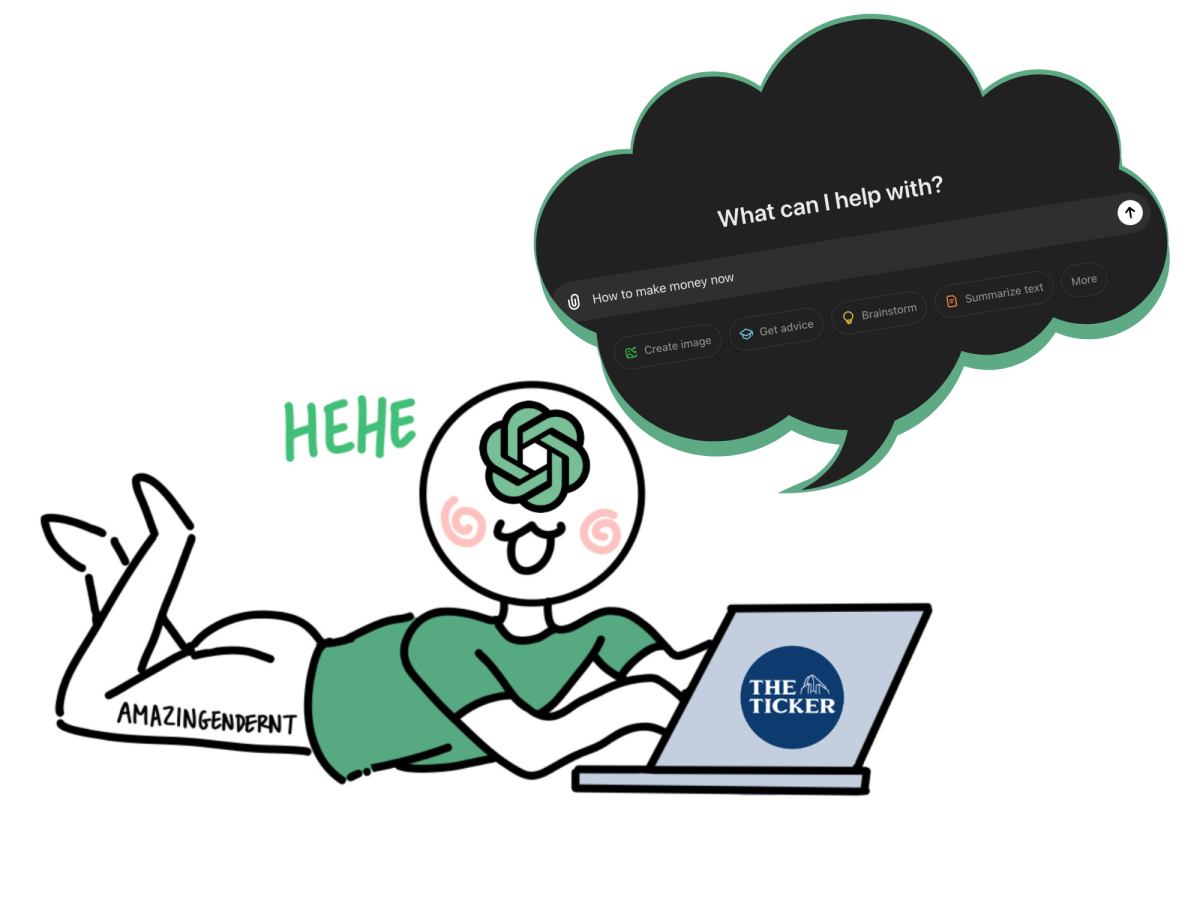OpenAI is considering converting to a for-profit business model, an announcement that comes amid fundraising efforts and the departure of multiple executives.
The transition involves restructuring the company’s core business to shift control away from its current nonprofit board, a move expected to appeal to investors. If the transition is successful, the company would switch to a public-benefit corporation — which is a type of corporate entity that helps society while bringing in profits.
The hardest part of the transition would be transferring OpenAI’s current assets to a for-profit company, as they can’t simply shift assets from a nonprofit to a for-profit entity. The company’s operations will most likely be sold to a for-profit or investors, with the nonprofit retaining the proceeds. The change could make it easier for investors to get a fair share of profits from OpenAI’s growth.
In its current business model, investors do not own equity. Instead, they own shares of future profits. Moving to an equity-based model would eliminate the cap on investor profits that comes with being a nonprofit. If OpenAI does not make the switch, investors could pull their money.
Currently, one of OpenAI’s biggest dilemmas is that it’s experiencing continuous growth while simultaneously incurring significant operational expenses. Founded in 2015, OpenAI is a nonprofit organization that aims to create an AI model that will “benefit humanity as a whole.”
In August, the company had $300 million in profits. By the end of this year, the company expects to achieve $3.7 billion in sales and projects $11.6 billion in revenue next year.
However, despite its rapid growth, it is still unclear if OpenAI is profitable. The company expects to lose about $5 billion in operational costs for running its services, office expenses, and salaries. This cost does not include other expenses or equity-based compensation and several other expenses.
The company also plans to continue raising investment over the next couple of years since its running costs are growing with the number of people using its platforms. Recently, the company announced it raised $6.6 billion in its latest fundraising efforts, which valued the company at $157 billion. However, that valuation largely hinges on OpenAI’s ability to become a for-profit.
“We aim to make advanced intelligence a widely accessible resource,” the company said in a press release. “We’re grateful to our investors for their trust in us, and we look forward to working with our partners, developers, and the broader community to shape an AI-powered ecosystem and future that benefits everyone. By collaborating with key partners, including the U.S. and allied governments, we can unlock this technology’s full potential.”









